Dengue fever has rapidly become a global health emergency, affecting countries from the tropics to the subtropics. In 2024, places like Puerto Rico and Brazil have seen cases surge to record numbers. This is a worldwide concern, with the World Health Organization estimating 100–400 million infections yearly.
The disease, carried by the Aedes mosquito, ranges from mild to severe, and potentially fatal conditions. As countries scramble to address this surge, it’s clear that dengue fever is a growing threat to global health.
Puerto Rico’s Alarm Bells

Puerto Rico has raised the alarm, facing a dramatic increase in dengue cases, with a 140% rise compared to the previous year, according to USA Today. By March 2024, 549 cases were reported, indicating a rapid escalation of the epidemic.
The health secretary of Puerto Rico, Carlos Mellado López, emphasized the unprecedented nature of this surge, stating, “This year, dengue cases have exceeded historical figures.”
Symptoms of Dengue

Identifying dengue fever early is crucial due to its broad range of symptoms. Most cases start with a high fever, severe headache, pain behind the eyes, joint and muscle pain, fatigue, nausea, and skin rash (via WHO).
The disease can progress to more severe forms, including dengue hemorrhagic fever, which can cause bleeding, blood plasma leakage, and even death. Recognizing these symptoms can lead to timely treatment, significantly reducing the risk of severe outcomes.
The Aedes Mosquito: A Tiny Culprit
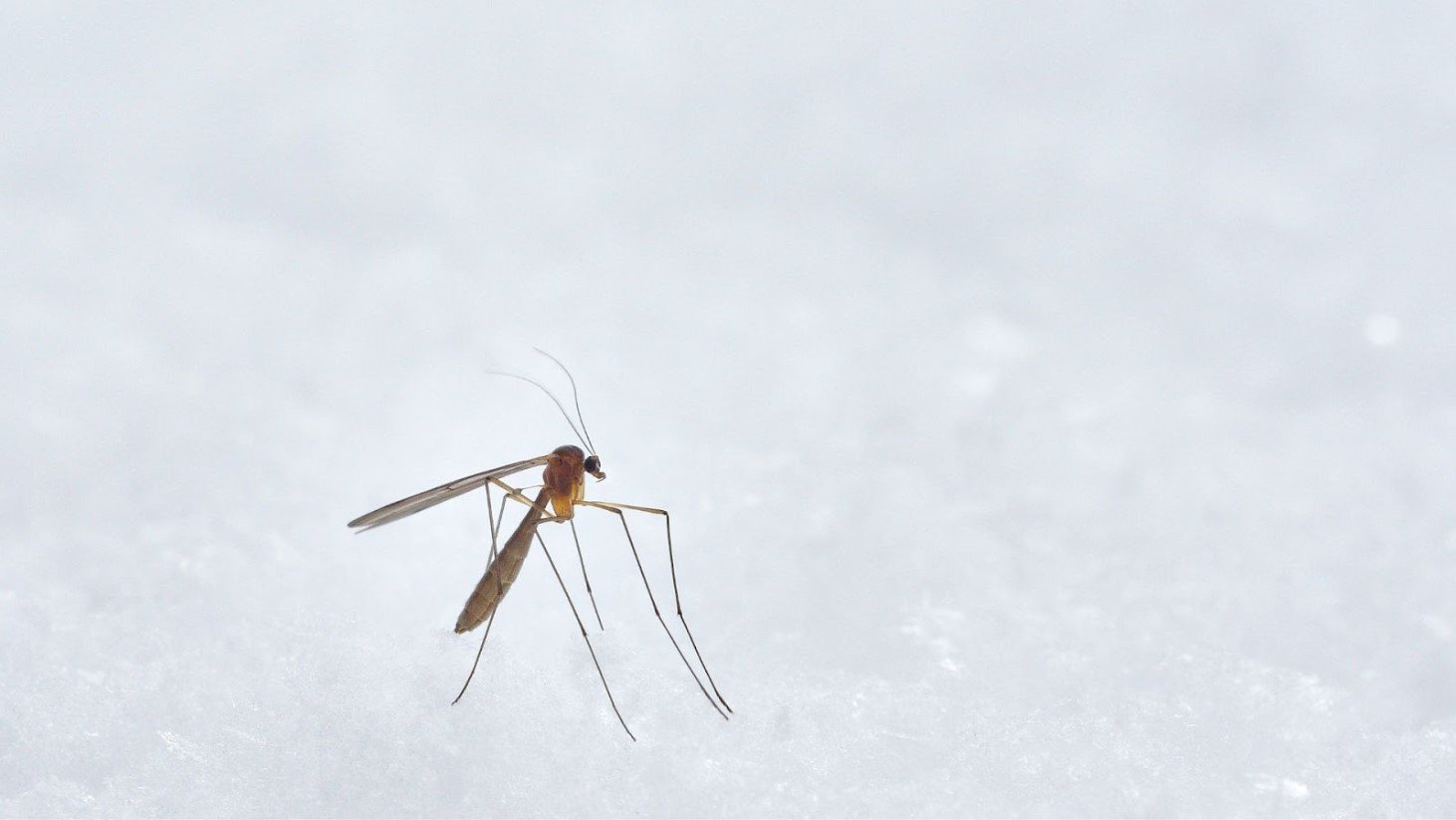
Per the ECDC, the Aedes mosquito, a tiny creature with a massive impact, is the primary transmitter of the dengue virus. Thriving in warm, wet environments, these mosquitoes lay eggs in water-filled containers close to human dwellings.
Understanding the behavior of these mosquitoes is key to preventing dengue. Communities can significantly reduce the incidence of this disease by controlling their breeding grounds.
Historical Context

The battle against dengue is not new, but recent spikes in cases have brought renewed focus to this persistent threat. Historically, dengue has been prevalent in over 100 countries, affecting millions annually.
However, the recent outbreaks, like the one million cases reported in Brazil in 2024, mark a significant upturn in the disease’s spread and severity (via Nature). This trend highlights the evolving challenge of controlling dengue globally.
Vaccination: A Ray of Hope

Vaccination offers a beacon of hope in the fight against dengue. Dengvaxia, the vaccine for dengue, is approved in the U.S. for those aged 9–16 who have had a prior infection (via NPR). This vaccine represents a crucial step forward in disease prevention, especially in endemic areas.
While not a universal solution, vaccination programs are essential components of comprehensive dengue control strategies.
Preventive Measures

Preventing dengue starts with individual and community efforts. Using mosquito repellent, wearing long-sleeved clothing, and employing mosquito nets at night can protect against bites. Equally important is environmental management, such as eliminating standing water where mosquitoes breed.
Public health campaigns play a vital role in educating communities on these preventive measures, highlighting the importance of collective action in combating dengue.
Global Hotspots
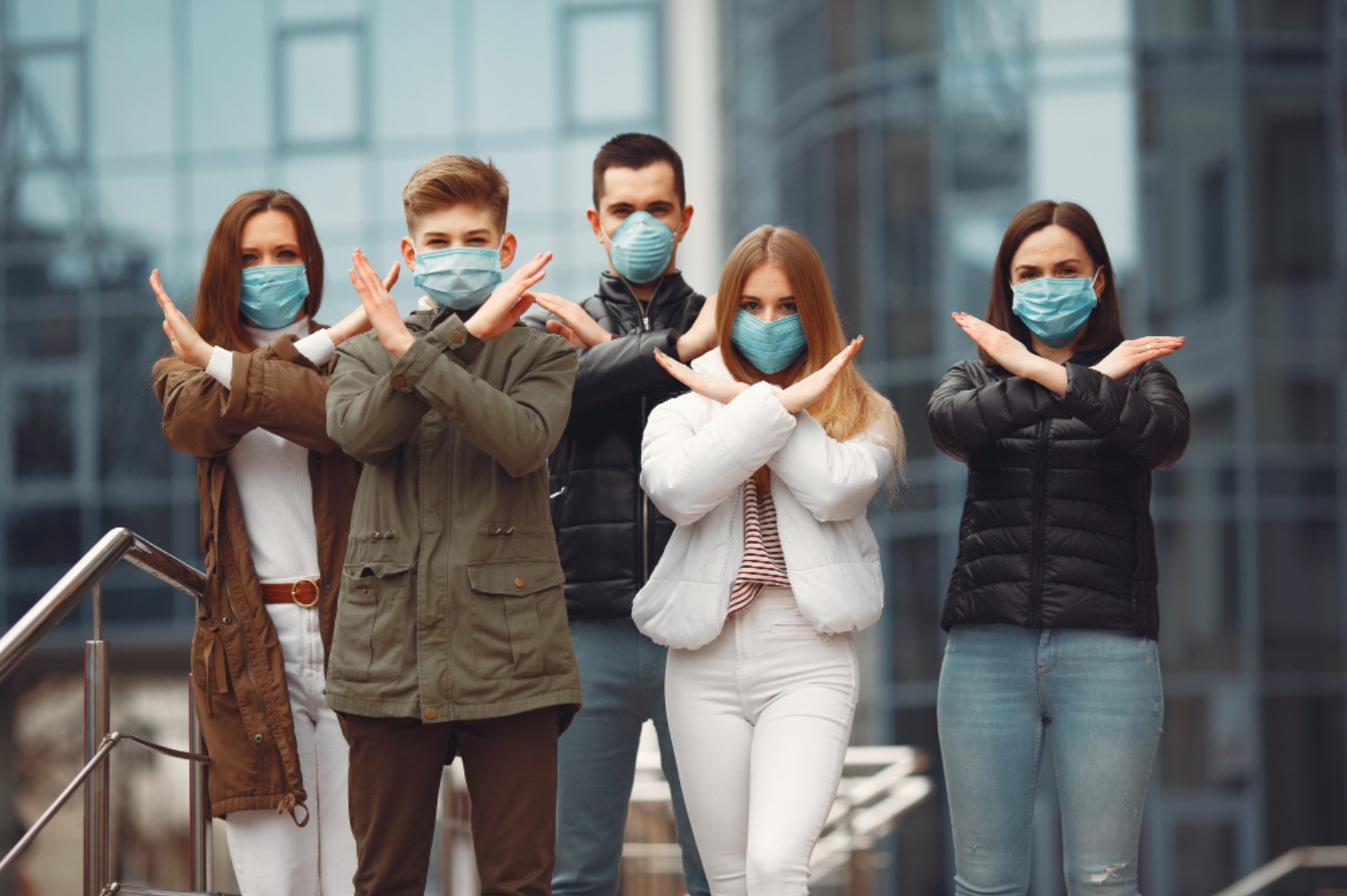
The recent surge in dengue has put numerous countries on high alert. The CDC’s travel warnings for countries like Argentina, Brazil, and Peru highlight the global nature of the outbreak.
These alerts signal the international community about the need for heightened vigilance and preparedness against dengue and the disease’s impact on global health security.
The Climate Change Connection
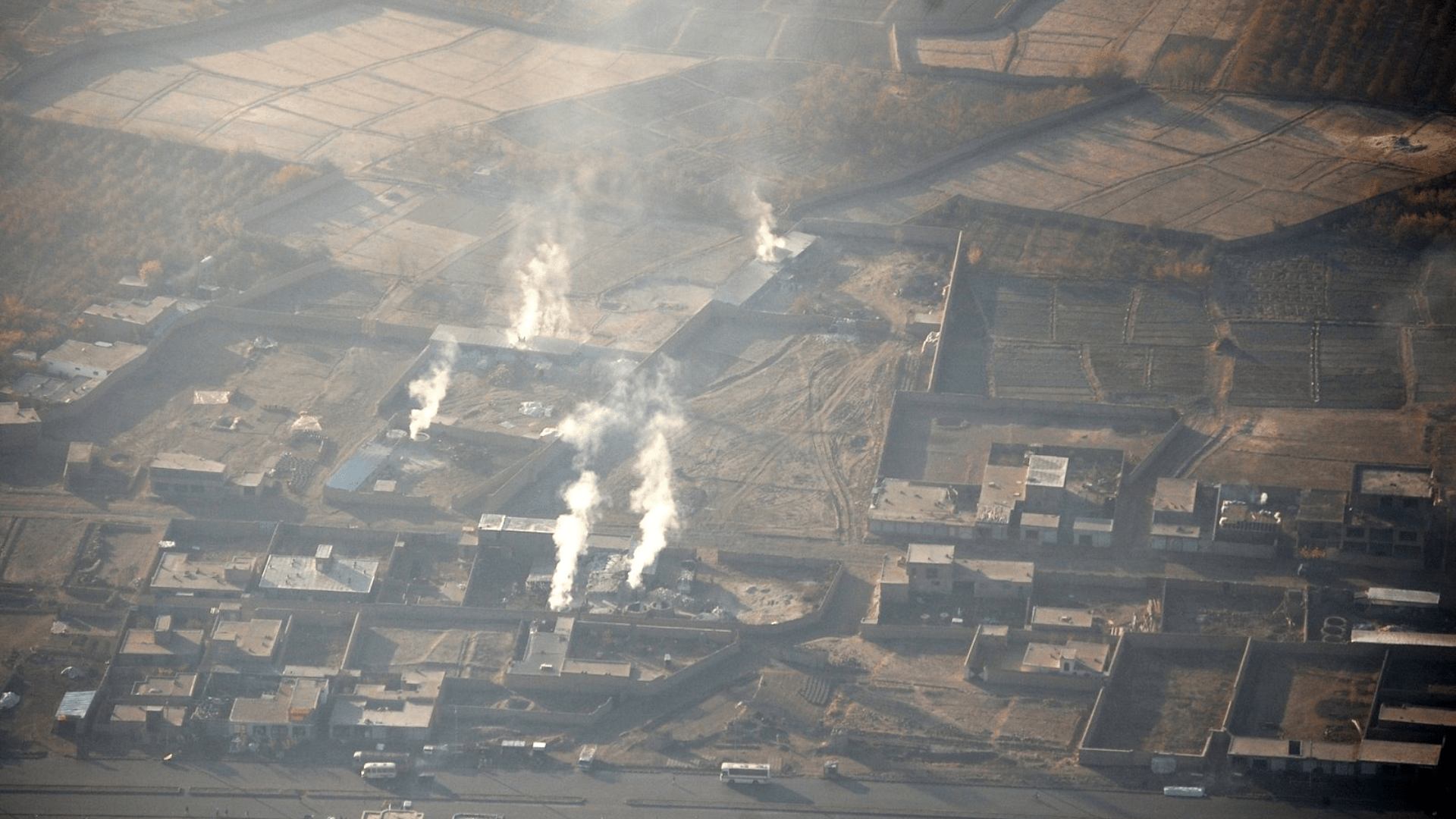
Climate change is exacerbating the spread of dengue by expanding the habitats suitable for Aedes mosquitoes (via Preprint). Warmer temperatures and increased rainfall foster environments where these mosquitoes can thrive year-round, leading to longer transmission seasons.
This connection shows the complex interplay between environmental factors and infectious diseases, highlighting the need for integrated approaches to health and climate policy.
The Economic Burden

Beyond the human toll, dengue imposes a significant economic burden on affected countries. The cost of medical care, lost productivity, and efforts to control the mosquito population strain health care systems and economies.
In regions hit hardest by dengue, these costs can hinder development, making disease control not just a health priority but an economic imperative.
The Road Ahead
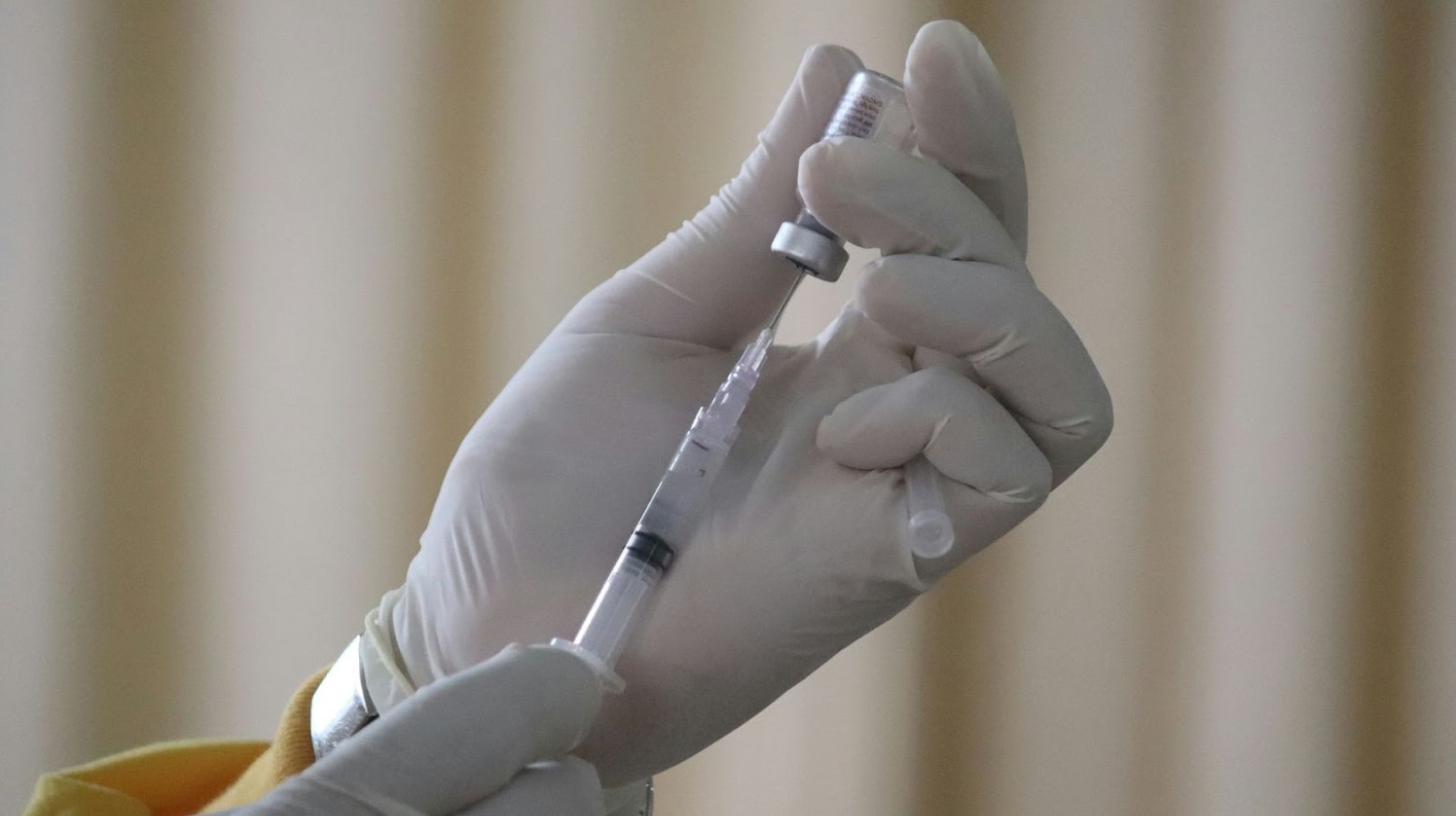
Addressing the dengue epidemic requires a global effort, including public health initiatives, research, and international cooperation.
As the disease continues to spread, developing more effective vaccines, improving surveillance, and enhancing community engagement are crucial.
Staying Safe
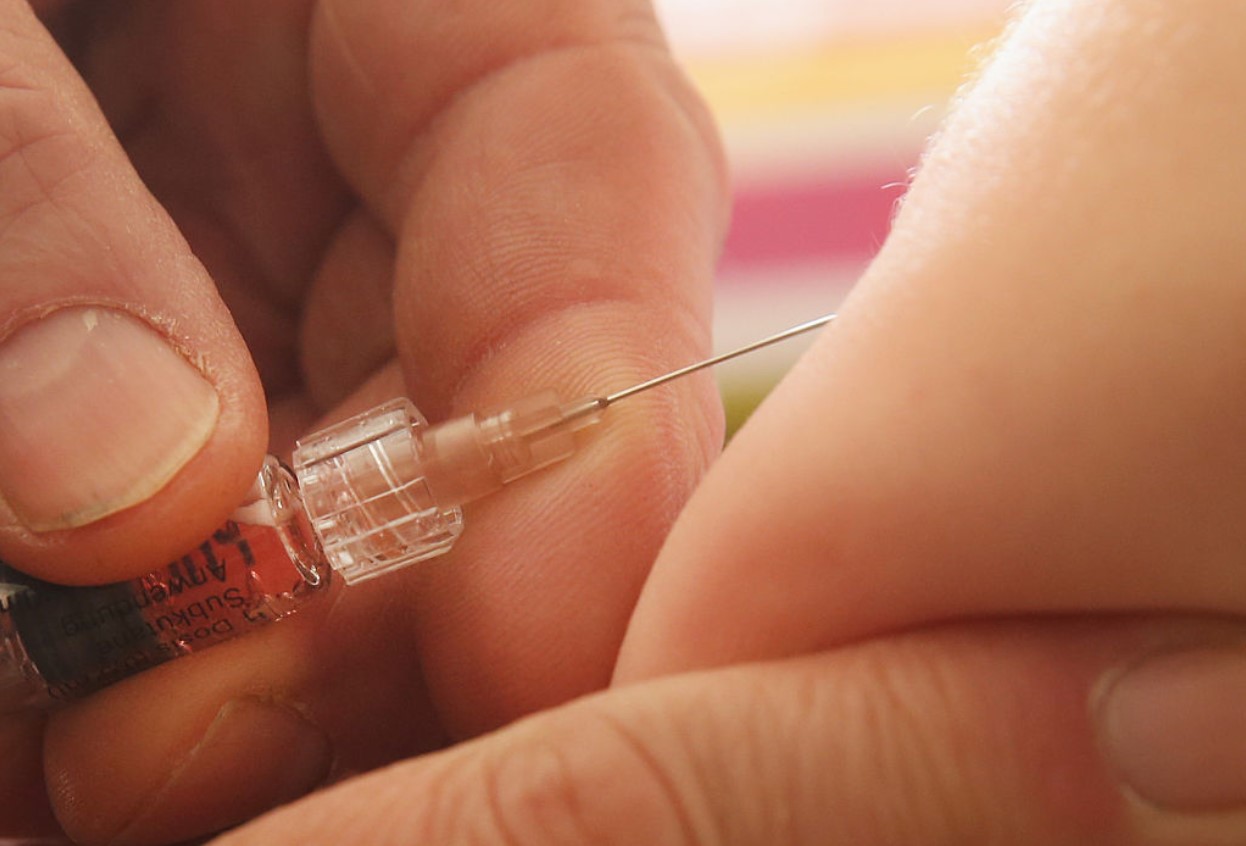
While dengue continues to rise, personal protection and preventive measures are more important than ever. Staying informed about the risks and taking proactive steps to avoid mosquito bites can protect you and your family.
Although dengue may be a growing threat, individual actions, combined with community and governmental efforts, are key to safeguarding public health.








































